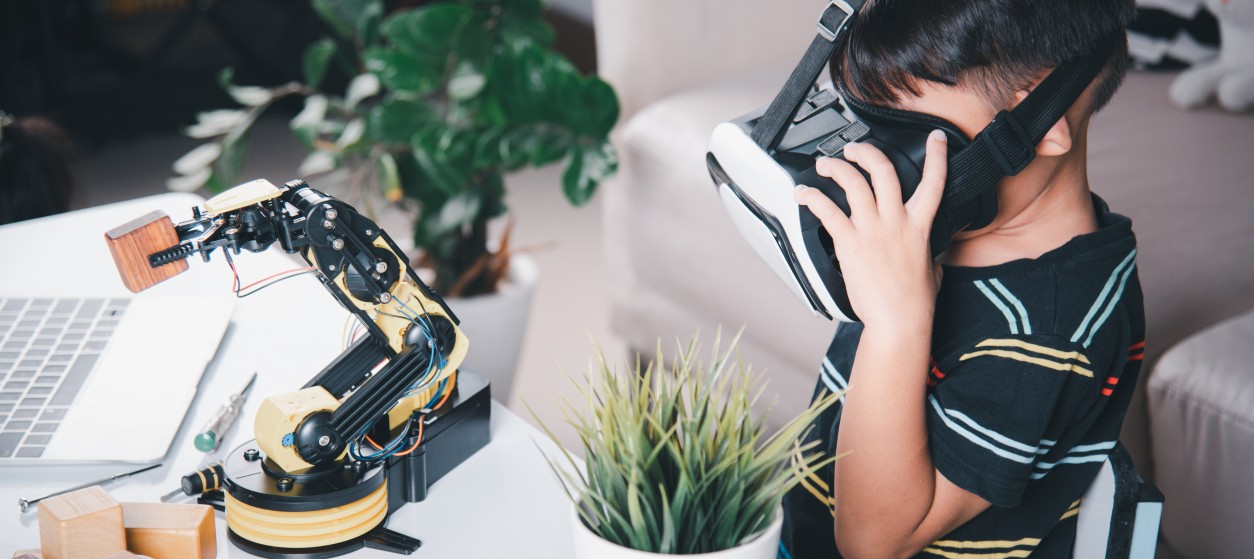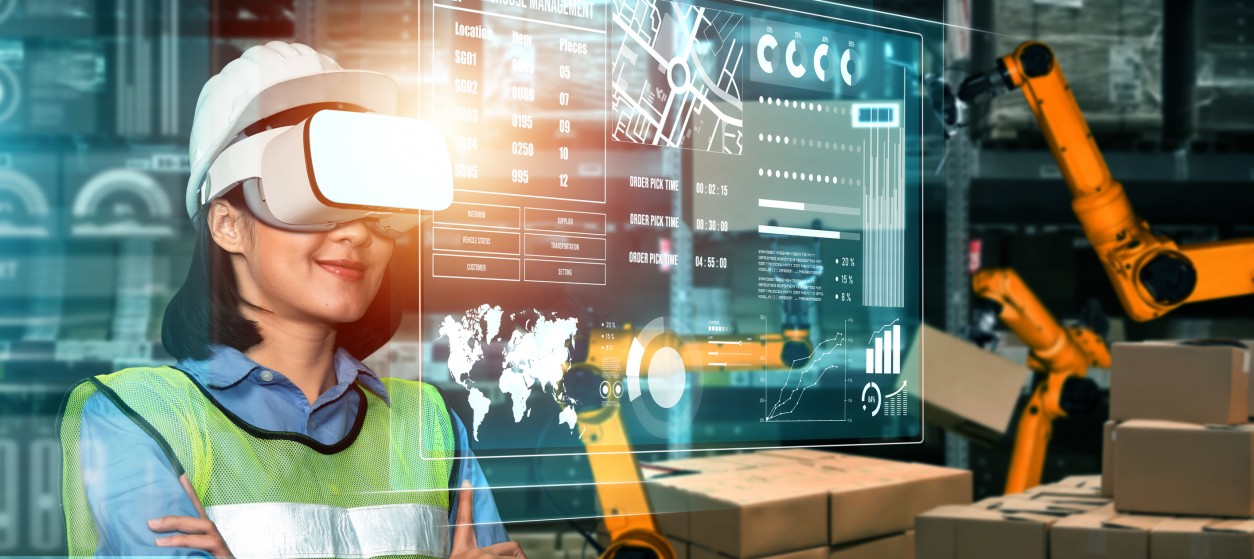In recent years, two technologies have emerged as transformative and revolutionary in their own right – these are AI and the metaverse. AI, with its ability to analyze vast amounts of data and make intelligent decisions, has revolutionized multiple industries based on many different AI applications. On the other hand, the metaverse introduces novel virtual worlds where individuals can interact, work, and play in the scope of highly immersive environments. Despite the rapid advancement and considerable update of these two technologies in the market, they are rarely combined in order to provide integrated, intelligent, and immersive experiences. This is a lost opportunity given that the integration of AI and the metaverse holds tremendous potential and can offer a range of benefits for both industrial and consumer facing applications. Understanding these benefits is a key prerequisite for planning their effective integration as part of next generation human-machine interactions.
Benefit#1: Enhanced Personalization and Immersion
One of the key benefits of AI and metaverse integration is the ability to create personalized and immersive experiences. AI-powered virtual assistants can analyze user preferences, behavior patterns, and context to deliver tailored content and recommendations within the metaverse. For example, an AI algorithm can adapt the virtual environment based on an individual’s interests, providing a more engaging and fulfilling experience. Likewise, AI algorithms can be integrated into industrial immersive environments to provide personalized instructions that adapt automatically to the experience and knowhow of the workers. Moreover, AI can simulate realistic interactions with virtual characters (i.e., Virtual Reality AI), offering users a sense of immersion and presence that was previously unimaginable.
Benefit #2: Improved Efficiency and Productivity
The integration of AI operations with the metaverse benefits also offers significant improvements in efficiency and productivity. AI algorithms can enhance virtual collaboration by automating mundane tasks, facilitating communication across virtual communities, and providing intelligent insights. In a metaverse setting, AI can assist users in finding relevant information, scheduling meetings, and organizing virtual events. During the past few months, the advent of Generative AI has demonstrated tangible improvements in the above-listed tasks, including novel ways for immersive environments to benefit from AI advantages. Such integrations enable teams to focus on higher-level tasks that require human creativity and problem-solving, leading to increased productivity and innovation.
Benefit #3: Enhanced Data Analysis and Decision Making
AI’s strength lies in its ability to process and analyze large volumes of data. By integrating AI with the metaverse, users can leverage this capability to gain deeper insights and make better-informed decisions. For instance, in a virtual shopping experience, AI algorithms can analyze user preferences, past purchases, and browsing history to provide personalized product recommendations in real-time. Similarly, AI-powered analytics can help businesses identify patterns and trends within the metaverse to optimize their strategies and improve customer satisfaction. Future metaverse environments are likely to generate and process very large amounts of data. Hence, AI algorithms will be an essential add-on that will help industrial organizations to maximize the value of this data.
Benefit #4: Enhanced Security and Privacy
The evolution of AI and the proliferation of metaverse environments are creating more security and privacy concerns. For instance, AI and metaverse technologies provide opportunities for new types of cyberattacks like poisoning attacks against AI algorithms. Fortunately, the integration of these technologies can also provide enhanced security measures. Specifically, AI-powered cybersecurity systems can detect and prevent potential threats and intrusions within the metaverse, which can boost the safety of users’ and the protection of their data. Moreover, AI algorithms can analyze patterns of users’ behavior to identify and flag suspicious activities. This can create an additional layer of security.
Benefit #5: Expanded Boundaries of Learning and Training
The integration of AI and the metaverse has the potential to revolutionize learning and training initiatives. With AI-powered virtual tutors and mentors, educational institutions and organizations can offer personalized and adaptive learning experiences. AI algorithms can assess individual learning styles, strengths, and weaknesses, tailoring educational content and resources accordingly. Also, in a metaverse setting, learners can engage in realistic simulations and experiments towards enhancing their understanding and practical skills. There are also possibilities for offering training services as part of serious games to increase users’ motivation and engagement in the learning activities i.e., using AI for virtual communities.
Overall, the AI integration in the metaverse holds immense promise and offers numerous benefits. From enhanced personalization and immersion, to improved efficiency, enhanced virtual environments, and AI-driven metaverse experiences, these technologies complement each other and pave the way for a new era of human-machine interactions. AI technologies evolve rapidly and metaverse environments are also expected to proliferate in the near future. This will be a direct consequence of various factors such as the falling prices of Augmented Reality (AR) and Virtual Reality (VR) headsets, the exponential growth of the generated data, and the abundance of computing resources. In this context, modern organizations must get ready to explore and test the possibility of developing novel applications that integrate AI and metaverse-related concepts. The latter integration will enable the development and deployment of a host of innovative solutions that will offer ergonomic, pleasant, engaging and enriched human experience. In this direction, industrial organizations must invest not only on technology, but also on complementary assets like training and metaverse-enabled processes.











I like what you guys are up also. Such clever work and reporting! Carry on the excellent works guys I have incorporated you guys to my blogroll. I think it’ll improve the value of my web site
https://www.smortergiremal.com/
Greetings! Very helpful advice on this article! It is the little changes that make the biggest changes. Thanks a lot for sharing!
https://americasrestorationservices.com/water-damage-restoration-atlanta/
I am continually looking online for tips that can benefit me. Thanks!
https://myswissmailaddress.com/fr/notre-numero-ide-pour-conformite-avec-ofcom/